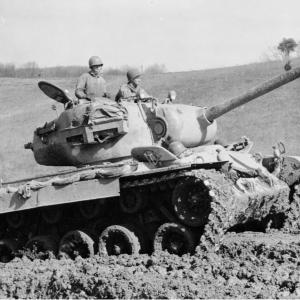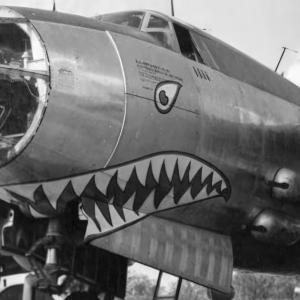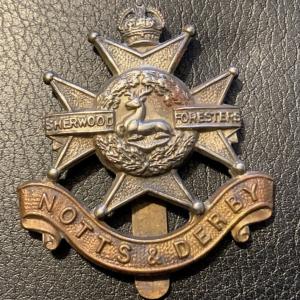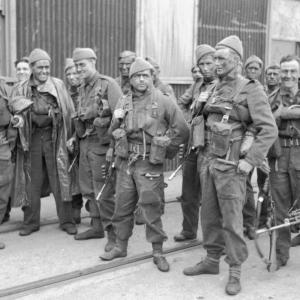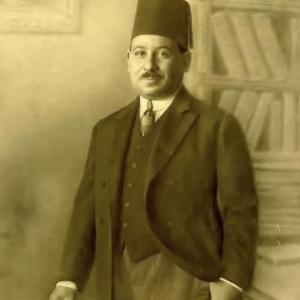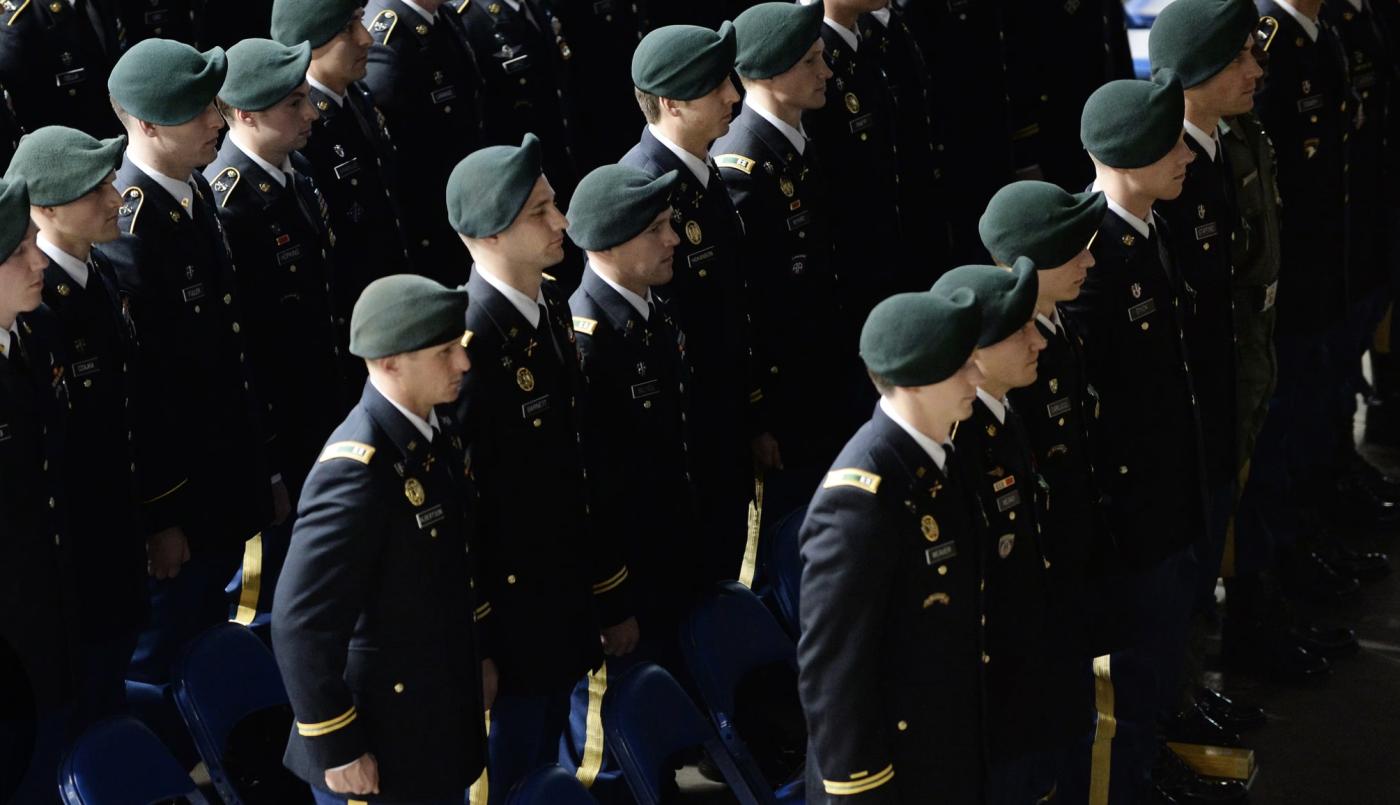
U.S Green Beret Special Forces
The United States Army Special Forces, known worldwide as the Green Berets, were officially formed on 19 June 1952 at Fort Bragg, North Carolina, under the command of Colonel Aaron Bank. Although they were a new unit in name, their lineage drew from wartime predecessors such as the Office of Strategic Services in World War II, the First Special Service Force, and the Jedburgh teams that parachuted into occupied Europe to train and direct resistance fighters. In the tense years of the early Cold War, American military planners recognised the need for a permanent force skilled in fighting wars indirectly, working through local allies, resistance movements, and insurgent groups rather than through the large-scale conventional battles that had defined the Second World War. The newly created 10th Special Forces Group was designed specifically for this purpose and became the first fully organised Green Beret unit.
President John F. Kennedy, a strong advocate of unconventional warfare, played a defining role in shaping the public image of the Special Forces. In 1961 he authorised the wear of the distinctive green beret, praising it as a symbol of excellence and a badge of courage. This simple act cemented both their identity and their place as an elite component of the U.S. military, tasked with missions that required a rare combination of tactical skill, cultural understanding, and political sensitivity.
The role of the Green Berets has always been broad and demanding. Their original and primary mission, known as unconventional warfare, involves training, advising, and often leading local guerrilla forces in enemy-controlled territory, enabling them to undermine hostile governments or occupying powers from within. They also specialise in foreign internal defence, working with friendly nations to strengthen their armed forces against insurgency or internal unrest. Special reconnaissance is another key role, requiring teams to operate covertly behind enemy lines to gather intelligence, observe enemy activity, and prepare the ground for larger operations.
When the situation calls for it, they can conduct direct action missions, such as small-scale raids, sabotage, and the capture of high-value targets. In the modern era, they have taken on counter-terrorism responsibilities, using their precision and adaptability to neutralise threats with minimal political fallout. Counterinsurgency operations, often long-term and complex, require them to blend military support with efforts to win over local populations, addressing both the security and social conditions that allow insurgencies to thrive. Their skill set also allows them to carry out humanitarian work, including disaster relief, medical aid, and infrastructure projects, often in the most remote or unstable parts of the world.
To be part of this unit requires more than physical endurance. Prospective Special Forces soldiers must pass the demanding Special Forces Assessment and Selection course before entering the equally rigorous Special Forces Qualification Course. Over many months they are trained in weapons, demolitions, communications, medical support, and at least one foreign language, ensuring they can operate independently and effectively in any environment. A Green Beret must be as comfortable discussing strategy with foreign leaders as he is navigating deep jungle or arid desert under hostile conditions.
Since their inception, the Green Berets have been at the forefront of some of the most sensitive and strategically important operations carried out by the United States. Their motto, De Oppresso Liber—To Free the Oppressed—captures both the practical and moral dimensions of their mission. From the jungles of Southeast Asia to the mountains of Afghanistan, they have been sent not only to fight but to teach, to guide, and to forge alliances that can outlast the presence of American forces. More than seventy years after their creation, they remain an essential instrument of U.S. strategy, valued for their ability to operate quietly, adapt quickly, and succeed in places where conventional forces could not.

